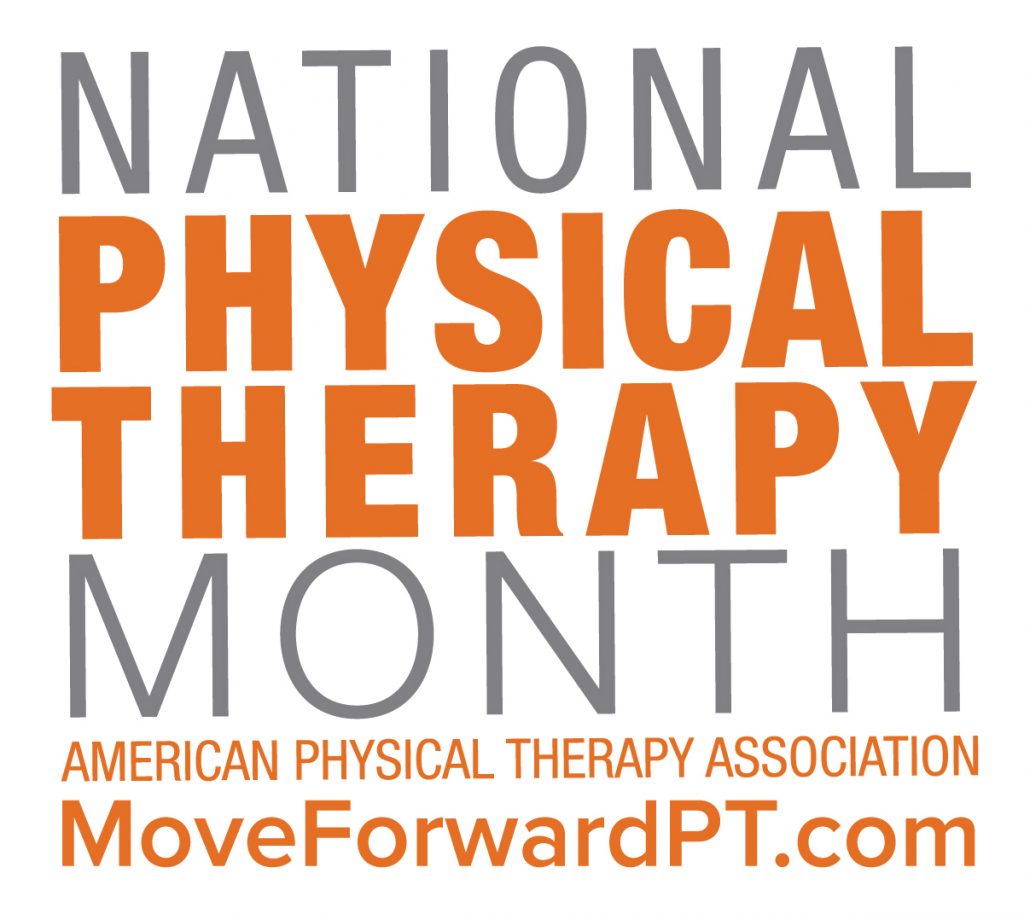By: Christa Roberts, PT, MPT, RAC-CT and Eleisha Wilkes RN, RAC-CT
The details of proposed rule LSA #18-251 were published on October 4, 2018 by the Indiana Family and Social Services Administration, and introduces plans to revamp the Medicaid program integrity requirements. LSA #18-251 is extensive and impacts the bulk of business facets for Indiana Medicaid providers, including claims filing time limits, medical record retention, provider enrollment, sanctions, audits, and provider appeals.
LSA #18-251 consolidates existing rules, clarifies requirements and adds new program integrity requirements affecting Medicaid providers. Some of the more significant changes are as follows:
- Currently, providers have up to one year from the date of service to submit an original claim; however, under the proposed rule, providers would have to submit claims for payment within 180 days of the date of service or the claim would be denied (effective January 1, 2019).
- Providers will be subject to a medical record retention for financial records period of 3 years following submission to Indiana Medicaid (there is currently no record retention policy).
- The proposed rule consolidates and adds new provider enrollment requirements.
- Medicaid payment suspension procedures authorized by Federal law are outlined.
- A new section is added regarding provider exclusions and readmissions (specifically, the rule lists various offenses that could result in an exclusion and sets a duration of up to 3 years for such exclusion).
- A new section describes prepayment review processes and procedures (previously only available in agency manuals).
- The proposed rule revises existing Medicaid overpayment provisions to align with changes in Indiana law (adds a 3-year look back period for audits initiated after July 2, 2019, though may be extended to 7 years under certain circumstances).
- Administrative appeals procedures are consolidated and changed to align with Indiana law.
LSA #18-251 is open for public comment until the public hearing, which is preliminarily scheduled for October 26, 2018. A copy of the proposed rule can be reviewed at: www.in.gov/legislative/iac/20181003-IR-405180251PRA.xml.pdf

